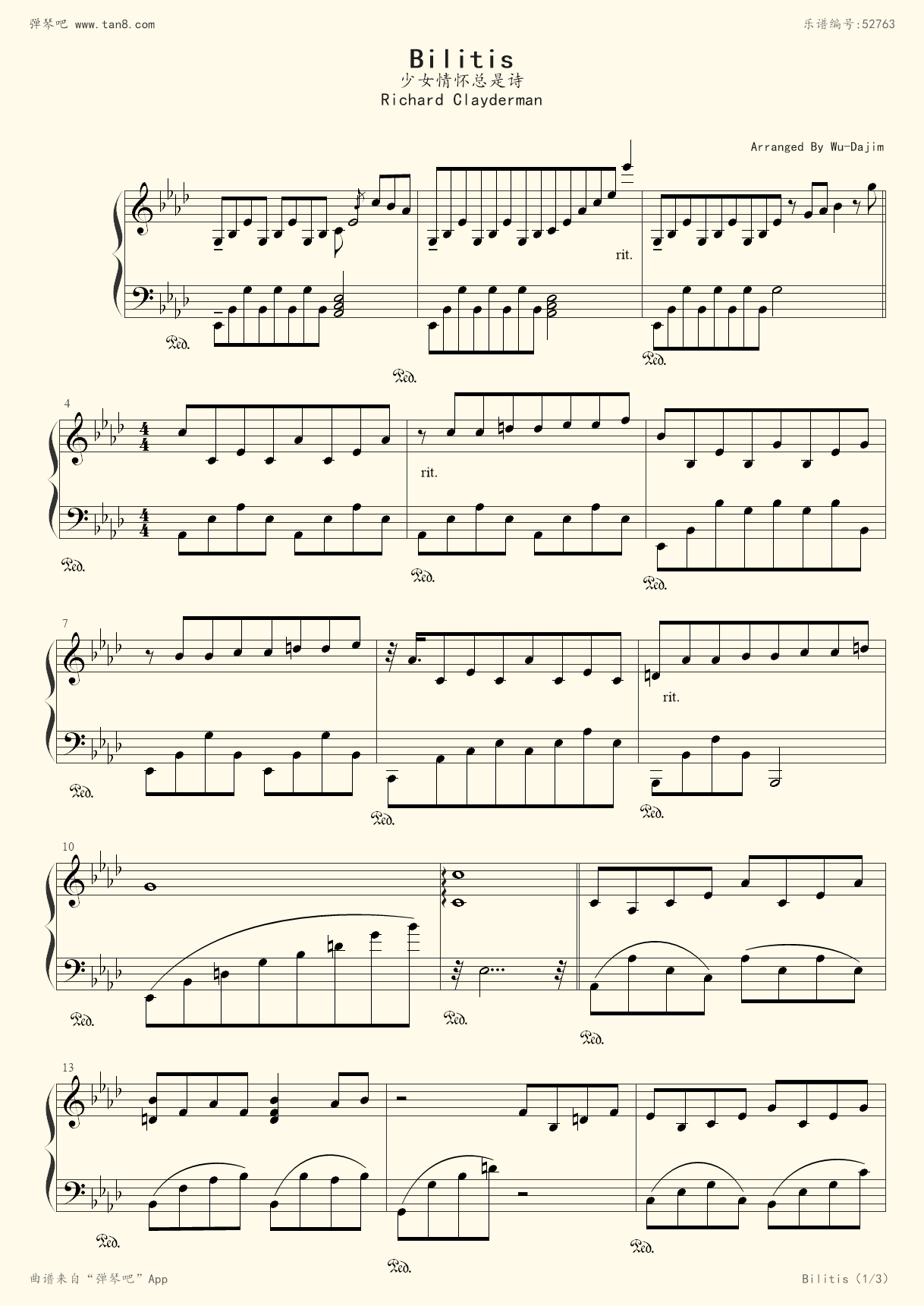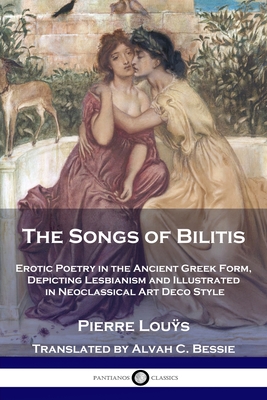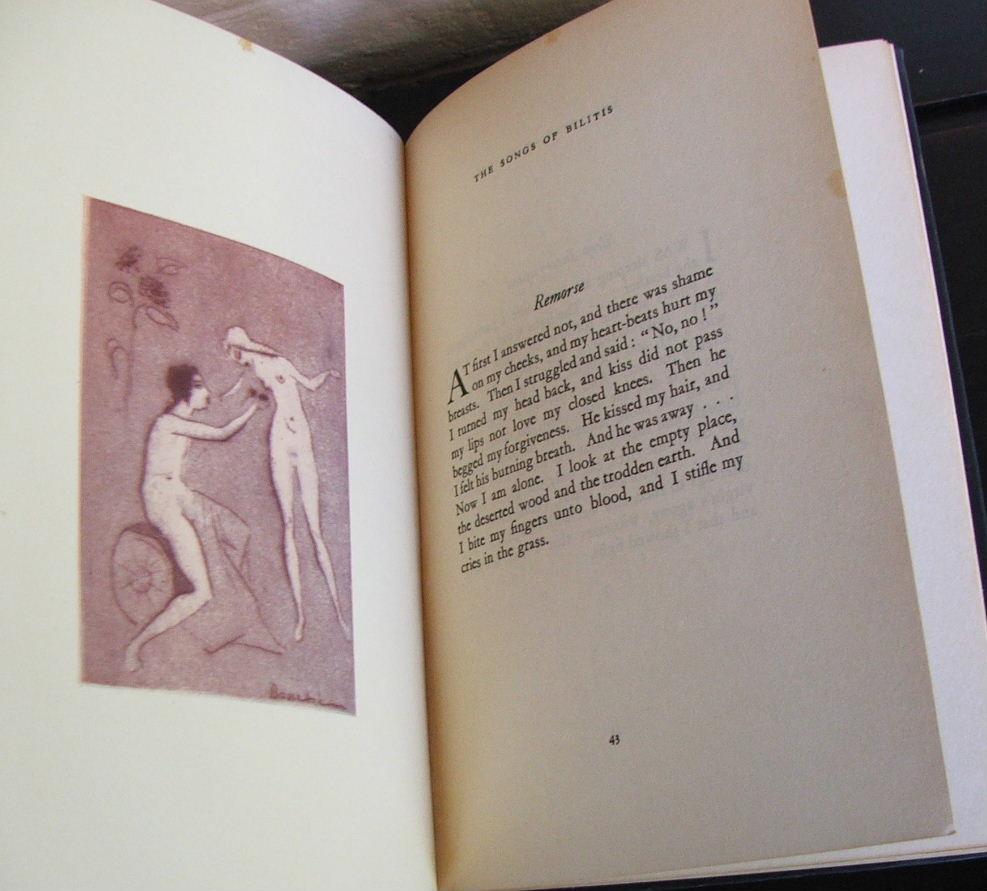

The book became a sought-after cult item among the 20th-century lesbian underground and was only reprinted officially in the 1970s. Like the poems of Sappho, those of 'Bilitis' address themselves to the sapphic love of women and girls. This did little to taint their literary value in the eyes of the readers, however, and Louÿs' open and sympathetic celebration of lesbian sexuality earned him sensation and historic significance.

And though Louÿs displayed great knowledge of ancient Greek culture, ranging from children's games in "Tortie Tortue" to application of scents in "Perfumes", the poems were eventually exposed as a literary fraud.

To give authenticity to the forgery, Louÿs listed some poems as "untranslated" in the index he even craftily fabricated an entire section of his book called "The Life of Bilitis", crediting a certain fictional archaeologist Herr G. The poems themselves are a blend of mellow sensuality and polished style in the manner of the Parnassian school, but underneath run subtle Gallic undertones which Louÿs could never escape. Although for the most part The Songs of Bilitis is original work, many of the poems in the collection were reworked epigrams from the Palatine Anthology, and Louÿs even borrowed some verses from Sappho herself. Louÿs claimed the 143 prose poems, excluding 3 epitaphs, were entirely the work of this ancient poet - a place where she poured both her most intimate thoughts and most public actions, from childhood innocence in Pamphylia to the loneliness and chagrin of her later years. However, the poems were actually clever fabulations, authored by Louÿs himself, but are still considered important literature. On publication, the volume deceived even the most expert of scholars. The book's sensual poems are in the manner of Sappho the introduction claims they were found on the walls of a tomb in Cyprus, written by a woman of Ancient Greece called Bilitis, a courtesan and contemporary of Sappho, to whose 'life' Louÿs dedicated a small section of his book. The 1977 French film Bilitis, directed by David Hamilton and starring Patti D'Arbanville and Mona Kristensen, was based on Louÿs' book, as stated in the opening credits. Debussy's 6 Antique epigraphs also relate to these poems and this work.The Songs of Bilitis ( Les Chansons de Bilitis Paris, 1894) is a collection of erotic poetry by Pierre Louÿs with strong lesbian themes. because 1417 was already assigned to the 3rd of the Nocturnes (published 1900). Pierre Louÿs (1870-1925), from the poetry cycle of the same titleįromont assigned E.

in Paris, Salle Pleyel, Société nationale de musique.īlanche Marot (soprano), Claude Debussy (piano)ġ899 – Paris: E. Trois chansons de Bilitis ビリティスの3つの歌 Three Songs of Bilitis


 0 kommentar(er)
0 kommentar(er)
